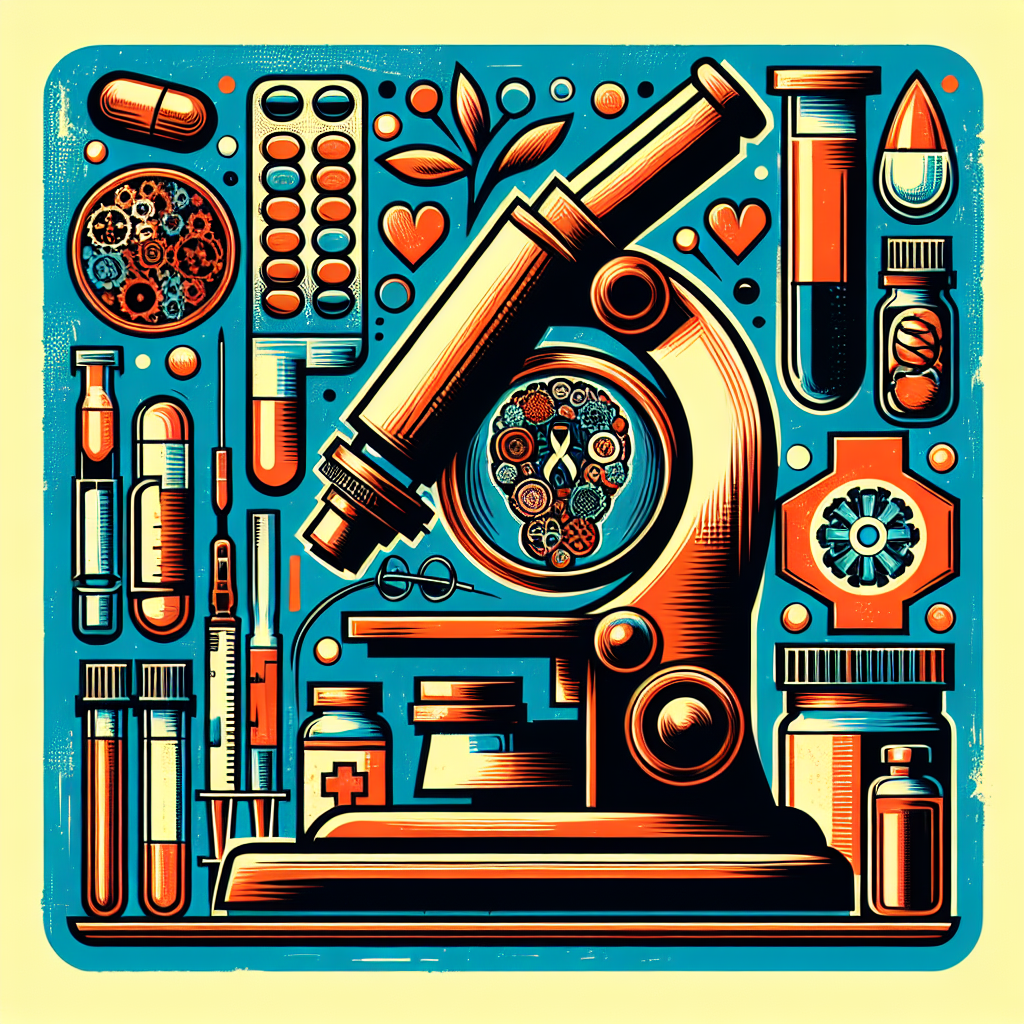Introduction
Imagine silently carrying a secret that slowly affects your well-being, without even realizing it. This is often the case with chlamydia, a common sexually transmitted infection (STI) among women. But what are the signs of chlamydia in a woman? Understanding these symptoms can be the key to reclaiming your health and peace of mind. Join us on this journey through the world of women’s health, where we unravel the mysteries of chlamydia and guide you towards a healthier future.
- Understanding Chlamydia
- Symptoms of Chlamydia in Women
- Importance of Early Detection
- Medical Evaluations and Lab Tests
- Treatment and Prevention
- Key Takeaways
- FAQs
- Conclusion
Understanding Chlamydia
Chlamydia is often likened to a silent thief. It sneaks into your life without warning and starts its covert operations. Caused by the bacterium Chlamydia trachomatis, this STI primarily spreads through sexual contact. What’s more concerning is its ability to remain asymptomatic, especially in women. According to the Centers for Disease Control and Prevention (CDC), chlamydia is one of the most frequently reported bacterial STIs in the United States.
Symptoms of Chlamydia in Women
While chlamydia often goes unnoticed, there are subtle signs that can serve as red flags:
- Abnormal vaginal discharge: A telltale sign is an unusual discharge that may be yellowish or have a strong odor.
- Painful urination: Experiencing a burning sensation while urinating can be indicative of chlamydia.
- Bleeding between periods: Unexplained bleeding outside your menstrual cycle can be another clue.
- Pain during intercourse: Discomfort or pain during sex should never be ignored.
- Lower abdominal pain: Persistent lower abdominal or pelvic pain is a common symptom.
If you experience any of these symptoms, it’s crucial to seek medical advice promptly. Ignoring them can lead to severe complications such as pelvic inflammatory disease (PID), which can cause lasting damage to your reproductive organs.
Importance of Early Detection
Early detection is akin to catching a thief in the act. The sooner you identify chlamydia, the quicker you can take action to prevent long-term consequences. Regular screenings and medical evaluations play a pivotal role in early detection. In areas like La Grange, services such as general medical evaluations and lab tests are readily available for women who are proactive about their health.
Medical Evaluations and Lab Tests
A comprehensive medical evaluation can be your first line of defense against chlamydia. During these evaluations, healthcare professionals will review your symptoms, medical history, and conduct necessary tests. In La Grange, facilities like lab testing services ensure accurate diagnosis and timely treatment.
For those requiring immediate attention, visiting an urgent care center in Willowbrook can provide quick relief and expert guidance.
Treatment and Prevention
Treating chlamydia is straightforward with prescribed antibiotics. However, prevention remains the best strategy. Here are some preventive measures:
- Regular screenings: Regular STI screenings help catch infections early.
- Safe sex practices: Using condoms consistently reduces the risk of transmission.
- Open communication: Discussing sexual health with partners promotes transparency and mutual protection.
Key Takeaways
- Chlamydia is a common yet often silent STI among women.
- Symptoms can include abnormal discharge, painful urination, bleeding between periods, pain during intercourse, and lower abdominal pain.
- Early detection through regular screenings and medical evaluations is crucial.
- Treatment involves antibiotics, but prevention through safe sex practices is paramount.
FAQs
How often should I get screened for chlamydia?
The CDC recommends annual screenings for sexually active women under 25 and older women with risk factors such as new or multiple sex partners.
Can chlamydia be cured?
Yes, chlamydia can be cured with prescribed antibiotics. It’s important to complete the entire course of medication even if symptoms disappear.
What happens if chlamydia goes untreated?
Untreated chlamydia can lead to serious complications such as pelvic inflammatory disease (PID), infertility, and chronic pelvic pain.
Conclusion
Your health is your most valuable asset. Understanding the signs of chlamydia in a woman empowers you to take control and seek timely medical intervention. Don’t let this silent thief rob you of your well-being. Regular check-ups, safe practices, and open communication are your best allies in this fight. Remember, facilities offering medical evaluations, lab tests, and urgent care are here to support you every step of the way. Prioritize your health today for a brighter, healthier tomorrow.




